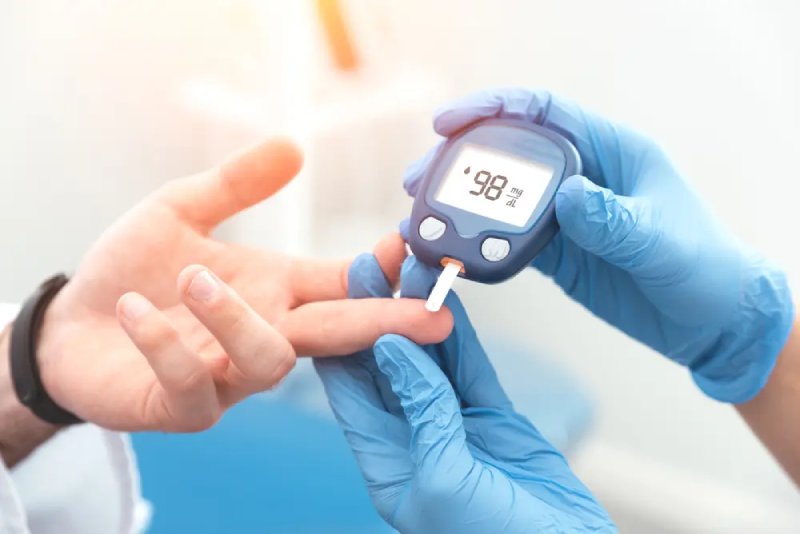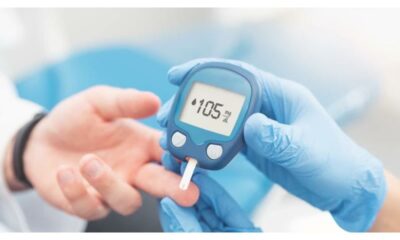Managing diabetes effectively hinges on one crucial element: understanding and controlling blood sugar levels. Whether you’re newly diagnosed or have been managing diabetes for years, accurate blood sugar monitoring is essential. It provides the data needed to make informed decisions about diet, exercise, medication, and overall lifestyle. This article explores how mastering your numbers through precise blood sugar monitoring can lead to better diabetes care and improved health outcomes.
The Role of Accurate Blood Sugar Monitoring
Understanding Blood Sugar Levels
Blood sugar, or glucose, is the body’s primary energy source, but for those with diabetes, maintaining it within a healthy range is a constant challenge. Blood sugar levels fluctuate throughout the day based on various factors, including food intake, physical activity, stress, and illness. Understanding these levels—whether fasting, postprandial (after eating), or random—is vital to managing diabetes effectively.
Why Accuracy Matters
Accurate blood sugar monitoring is more than just a daily routine; it’s a lifeline for those with diabetes. Inaccurate readings can lead to improper treatment decisions, which can result in hyperglycemia (high blood sugar) or hypoglycemia (low blood sugar), both of which can have serious consequences. Accurate monitoring helps ensure that your treatment plan—whether it involves insulin, oral medications, or lifestyle changes—is working effectively. It also helps in preventing long-term complications such as heart disease, kidney damage, and neuropathy.
Tools and Technologies for Accurate Monitoring
Traditional vs. Modern Monitoring Methods
The journey of blood sugar monitoring has evolved significantly over the years. Traditional methods, like fingerstick tests, are still widely used but require multiple daily checks and provide only snapshots of blood sugar levels. Modern methods, such as Continuous Glucose Monitoring (CGM) systems, offer a more comprehensive view by tracking glucose levels throughout the day and night. These devices provide real-time data and alerts, allowing for more proactive management.
Choosing the Right Monitoring Device
Selecting the right device is crucial for accurate monitoring. Factors to consider include the device’s accuracy, ease of use, cost, and compatibility with your lifestyle. For instance, CGM systems are ideal for those who want continuous data, while traditional glucometers may be sufficient for others. Consulting with your healthcare provider can help you choose the best option for your needs.
Tips for Accurate Blood Sugar Monitoring
Establish a Routine
Consistency is key to accurate blood sugar monitoring. Establish a routine that includes testing at the same times each day—before meals, after meals, and before bed, if necessary. This consistency helps in identifying patterns and making necessary adjustments to your treatment plan.
Maintain Proper Technique
Whether using a traditional glucometer or a CGM, proper technique is essential. Ensure your hands are clean before testing, and follow the manufacturer’s instructions carefully. For CGM users, regular calibration (if required) and sensor replacement are vital for maintaining accuracy.
Keep a Detailed Log
Recording your readings, along with notes on diet, exercise, and medication, can provide valuable insights. A detailed log helps you and your healthcare provider identify trends and make informed decisions about your diabetes management.
The Benefits of Mastering Your Numbers
Improved Diabetes Management
Accurate blood sugar monitoring empowers you to take control of your diabetes. By mastering your numbers, you can make timely adjustments to your diet, exercise routine, and medication, leading to better overall management and reduced risk of complications.
Enhanced Quality of Life
With accurate monitoring, you can minimize the guesswork in diabetes management, leading to more stable blood sugar levels and fewer symptoms. This stability translates into an improved quality of life, allowing you to focus on living well with diabetes rather than being constantly worried about it.
Conclusion
Mastering your numbers through accurate blood sugar monitoring is a cornerstone of effective diabetes care. By understanding the importance of accuracy, utilizing the right tools, and maintaining a consistent routine, you can take control of your health and improve your diabetes management. With the right approach, you can live a healthy, active life while keeping your blood sugar levels in check.

 Diabetology2 weeks ago
Diabetology2 weeks ago
 Diabetology2 weeks ago
Diabetology2 weeks ago
 Diabetology5 days ago
Diabetology5 days ago
 Diabetology4 days ago
Diabetology4 days ago
 Diabetology4 days ago
Diabetology4 days ago
 Diabetology3 days ago
Diabetology3 days ago
 Diabetology1 day ago
Diabetology1 day ago
 Diabetology1 day ago
Diabetology1 day ago













